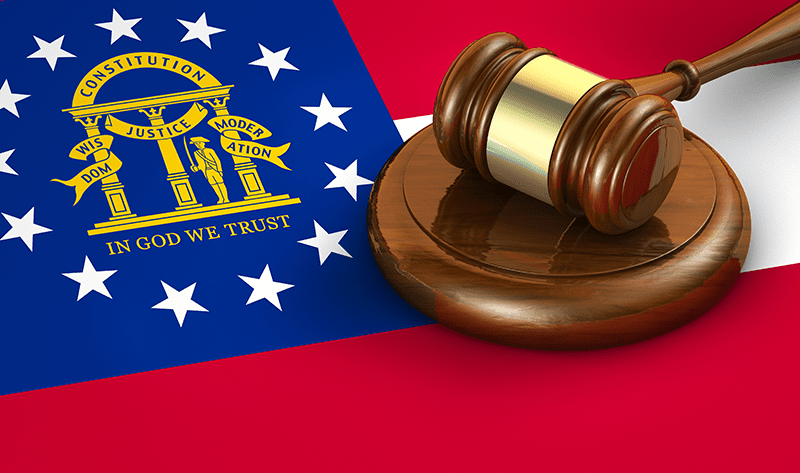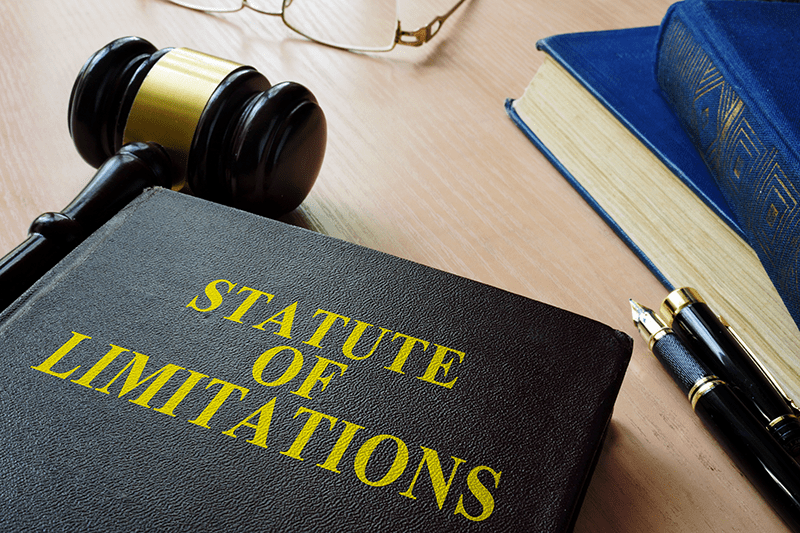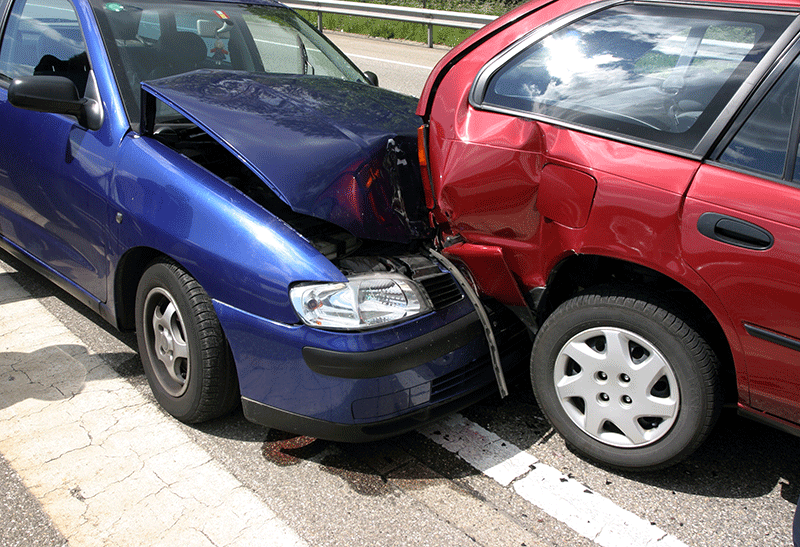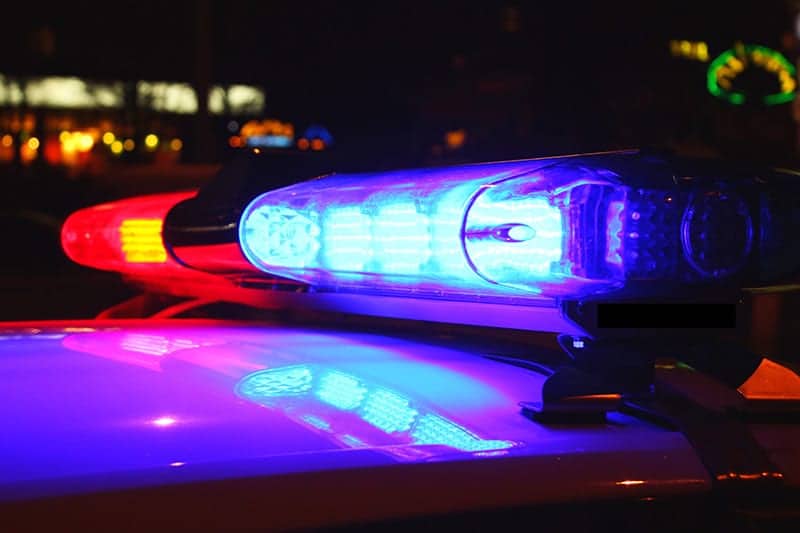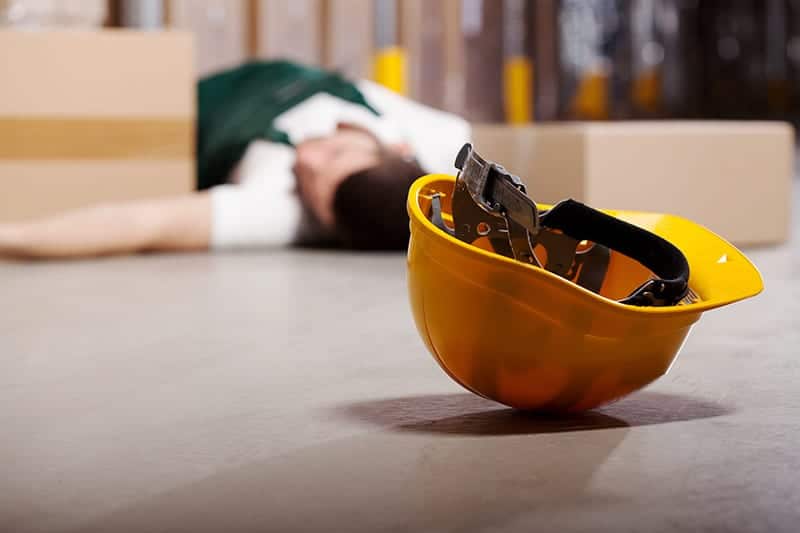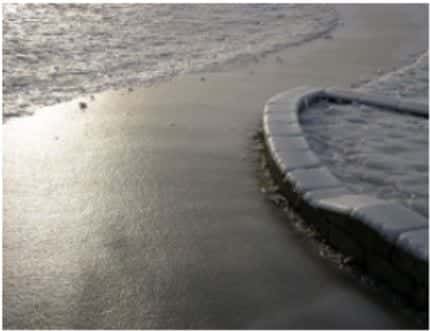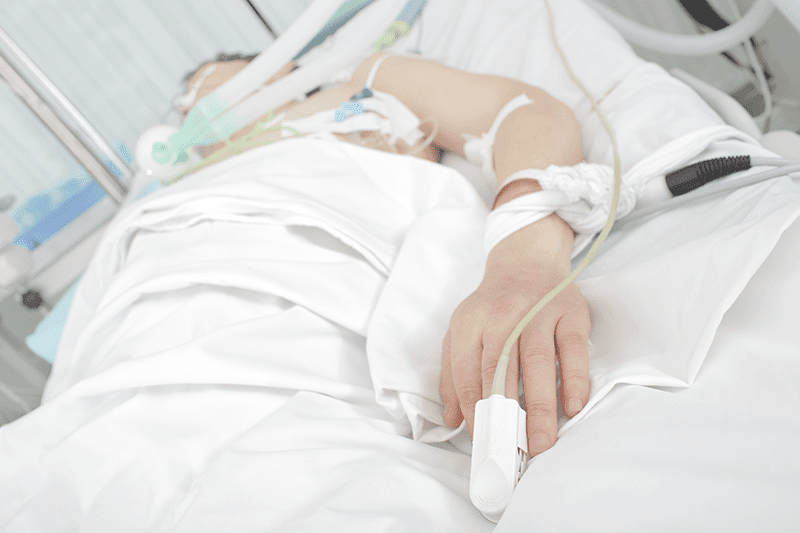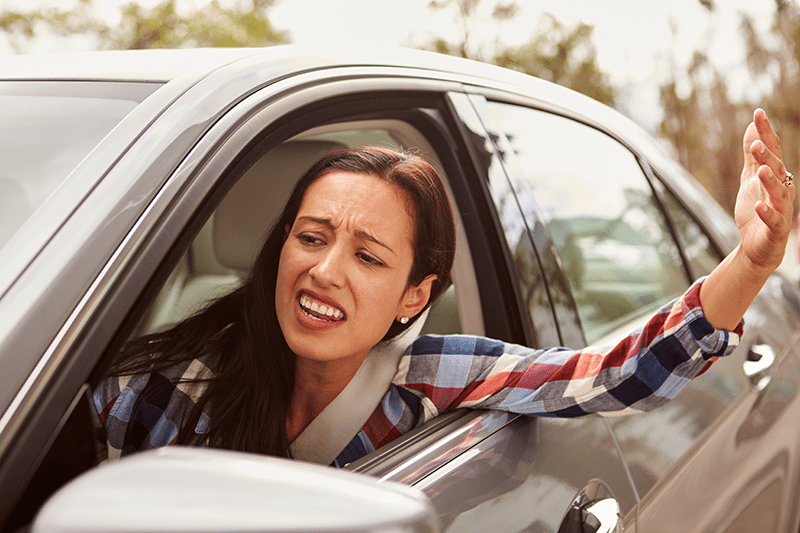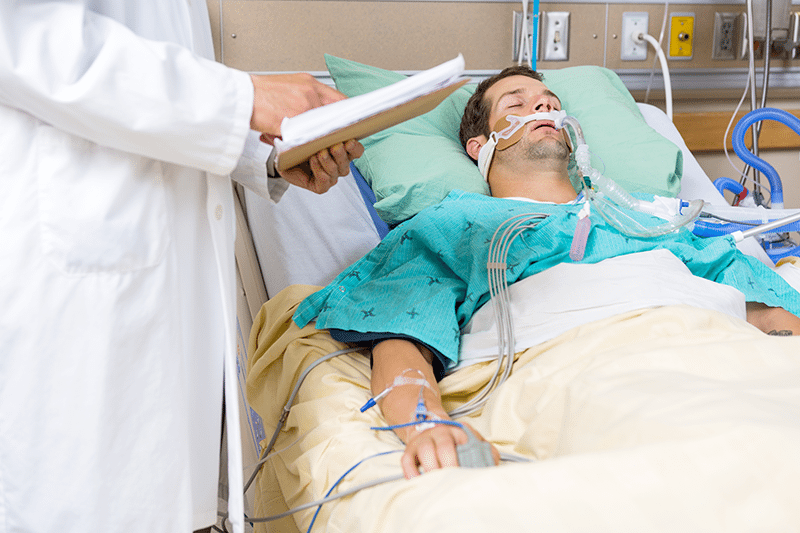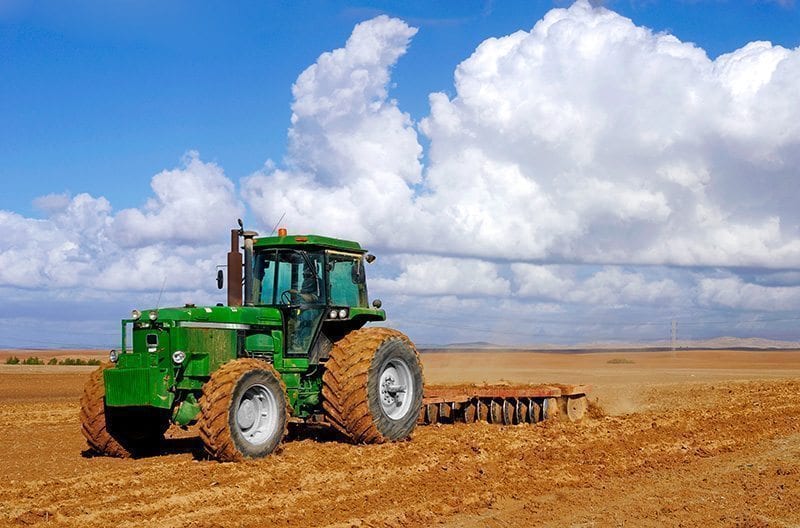What You Need to Know about Georgia’s Distracted Driving Law
Distracted driving as a cause of traffic accidents has been garnering increased attention from media, scholars, and lawmakers over the past few years. The CDC warns that distracted driving is a major cause of accidents, and statistics from the Georgia Department of Transportation show that fatal highway accidents are on the rise as a result of these behaviors. According to the New York Times, talking on the phone while driving is just as dangerous as driving with a blood alcohol level at the legal limit, text-messaging drivers are eight times more likely to be in an accident than other drivers, and overall, drivers distracted in some way are four times more likely to be in an accident. The NYT put together an excellent video that highlights the unfortunate reality that even though drivers understand the risk of these activities, they continue to take part in them while they drive.
Georgia passed an anti-texting law in 2010, which made it illegal to “write, send, or read any text based communication, including but not limited to a text message, instant message, e-mail, or Internet data” while operating a motor vehicle on a public Georgia roadway. Georgia recently enacted a new law that will place additional restrictions on drivers. In February 2018, the Georgia House of Representatives passed a bill, by a wide margin, which prohibits certain activities associated with distracted driving. In a 55-0 vote, the Georgia Senate passed a version of the law on March 27th, and the Georgia General Assembly approved that same version of the law on March 29th, 2018 and the Governor just recently signed the bill into law. The law is titled HB 673 and the full text can be found here.
What the New Law Will Prohibit
In addition to prohibiting sending or reading a written communication (which is already illegal), the new law will prohibit holding a cell phone while driving, as well as watching or taking a video recording while driving a car. The law also makes it illegal to reach for something if doing so requires no longer being seated in the proper driving position.
Conduct Permitted by the Law
There are several actions that lawmakers considered including in the new restrictions, but ultimately decided against doing so. Under the new law, drivers will still be permitted to:
- Talk or text on a cell phone using hands-free technology;
- Wear a smart watch;
- Use a GPS system or mapping app; and
- Use a radio to communicate.
Exemptions
Drivers are exempt from the law if they are experiencing an emergency, or reporting an emergency. The law permits drivers to use a cell phone while driving to report an accident, medical emergency, fire, crime or hazardous road condition to authorities. The law also does not apply to anyone that is legally parked.
Police officers, firefighters, emergency medical personnel, ambulance drivers, other first responders, and utility employees or contractors responding to a utility emergency are also exempt from the law.
Penalties
Violating this law will also harm a person’s driving record. A first violation will add one point to a person’s driver’s license; a second violation two points; and a third or subsequent violation three points. Fines are also levied against anyone who is found guilty for violating this law.
For More Information, Contact Williams Elleby Howard & Easter, Today
Most of us drive every day. We sometimes take it for granted that we will always get from point A to point B safely. But the truth is that driving is an inherently dangerous activity. We all owe it to ourselves and to everyone else on the road to drive with focus and caution to avoid accidents. But even when we limit our own distracted driving, getting in an accident is still a possibility.
If you are in an accident, the experienced personal injury attorneys at Williams Elleby Howard & Easter, can help. Located in Kennesaw, Georgia, Williams Elleby Howard & Easter, serves clients throughout the State of Georgia in all types of personal injury claims. We can investigate the facts of your case, help you understand your legal rights and options, and work to get you the compensation you deserve. If you would like more information or if you would like to discuss your case, contact Williams Elleby Howard & Easter, today by calling 833-LEGALGA.
